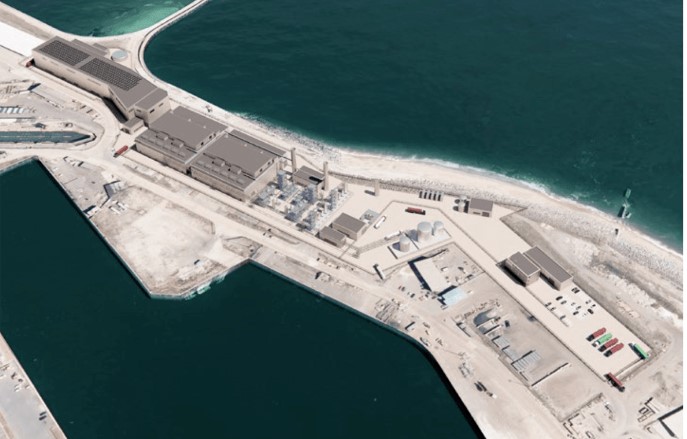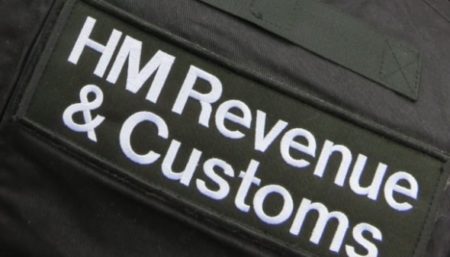The 12-week consultation will run until 10 October and seeks views on how plastic which has been chemically recycled can count towards the 30% recycled target content using a mass balance approach.
A mass balance approach, HMRC says, is a chain of custody model that is used by industries to track materials through a complex value chain. In principle, it allows the inputs, such as feedstock produced from recycled plastic waste, to be allocated to the outputs from a production process.
Used in conjunction with certification schemes, a mass balance approach has the potential to verify and trace recycled materials through the plastics value chain.
Any business seeking to use a mass balance approach for the purposes of the plastics tax would need to use an “independent certification scheme that meets objective requirements”.
Currently, the use of chemically recycled plastic in packaging can not contribute towards the 30% recycled content threshold, meaning producers will be liable for the £210 a tonne tax.
‘Innovative’
Gareth Davies, exchequer secretary to the Treasury, said: “The chemical recycling industry is developing innovative ways to recycle more types of plastic waste and produce high-quality recycled plastic, capable of being used in a range of industries, from food and drink to pharmaceuticals. This means it has the potential to complement mechanical recycling and reduce the amount of plastic waste sent for incineration and landfill.
“We remain committed to supporting innovation in the waste management and recycling sector in the UK, including ensuring the Plastic Packaging Tax helps support green growth and investment in the UK.
“This consultation is designed to help us do just that by exploring how a mass balance approach for calculating the recycled content in packaging made from chemically recycled plastic can be used, for the purposes of the Plastic Packaging Tax.”
Film
HMRC said in the consultation that current mechanical recycling methods “can be less efficient” than chemical recycling processes at removing additives and contamination from plastic waste – these difficulties “are particularly evident” with flexible plastics and films.
Mechanical processes also “degrade the polymer over time” lowering the quality of recycled material, HMRC said. As a result, mechanically recycled plastic “will almost always be of a lower quality than virgin material”. This can make it difficult to use mechanically recycled plastic content in some contact sensitive applications.
In the absence of advanced recycling routes, plastic waste unsuitable for mechanical recycling is typically sent to energy from waste, or landfill – the typically least desirable options, according to the plastics waste hierarchy.
HMRC reasoned that chemical recycling therefore potentially offers a solution which “can address the limitations of mechanical recycling”, and the mass balance approach will help boost investment.
Chemical
Chemical recycling is the process of converting polymeric waste by changing its chemical structure and turning it back into substances that can be used as raw materials for the manufacturing of plastics or other products.

While the technology has been noted as a potentially significant part of the future of plastic recycling, getting successful projects off the ground has been difficult.
In 2019, the Bureau of International Recycling heard that the process was “at least 10 years away” (see letsrecycle.com story).
However, companies and large organisations are investing into the technology. Viridor has acquired Quantafuel for around £90 million, which the company said was a sign it is “backing” the technology”.












Subscribe for free